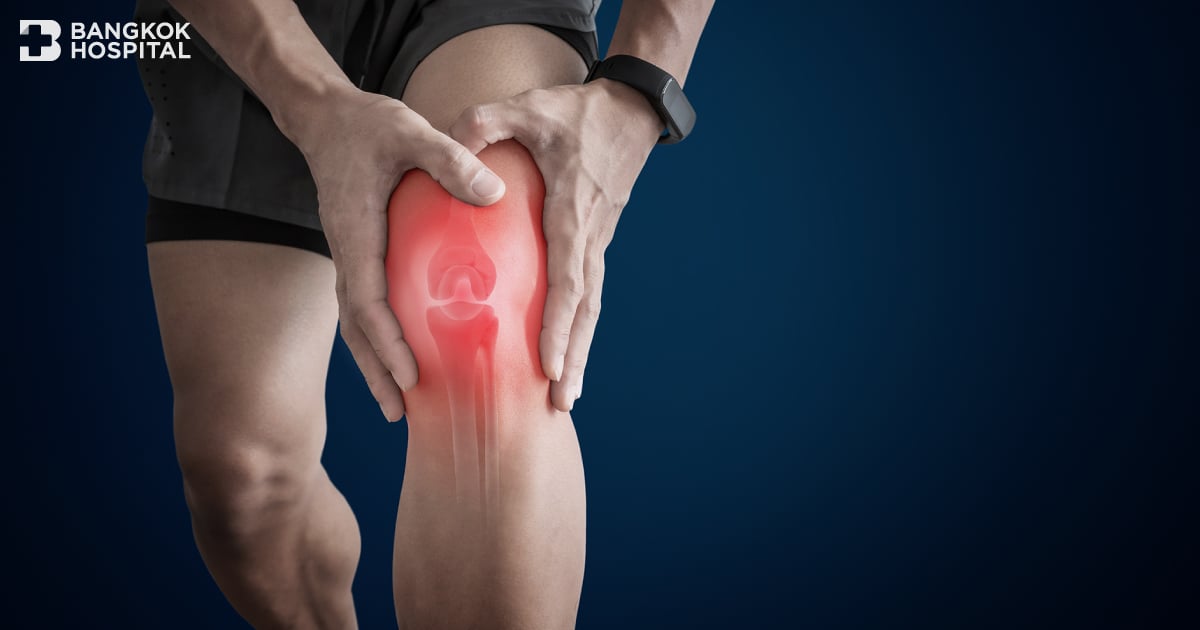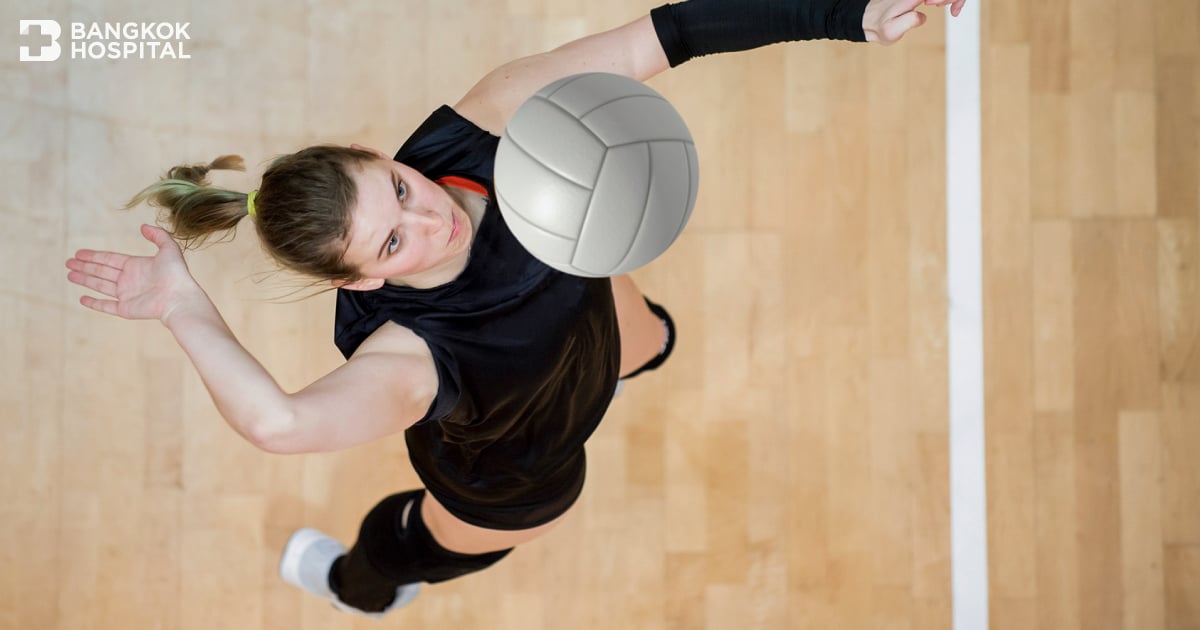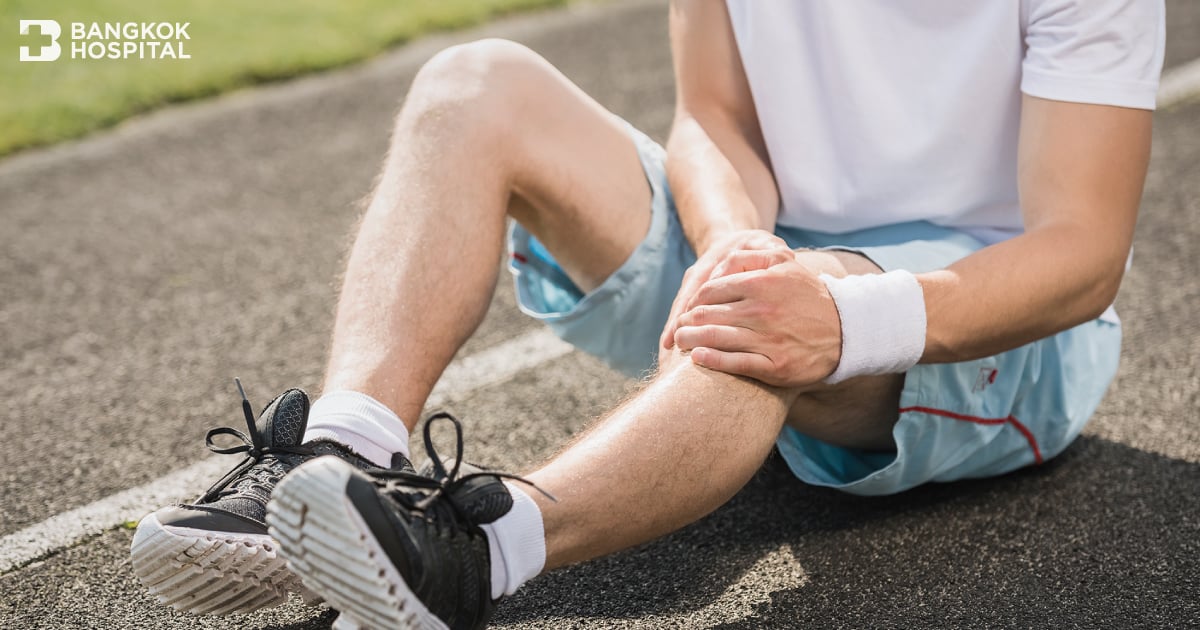Injuries from exercising can partly be due to muscle fatigue from glycogen depletion, which is a stored energy source of the body. Glycogen depletion occurs with moderate to intense exercise (60 – 80 % VO2max) for 90 – 180 minutes, or very intense exercise (90 – 130 % VO2max) for 15 – 30 minutes
The process of glycogen storage in the body
When the body receives carbohydrates, it breaks them down into glucose, which is absorbed into the bloodstream and delivered to various tissue cells. Glucose is then metabolized into energy and carbon dioxide. Excess glucose not metabolized is turned into glycogen and stored in the liver and muscles. The body can store approximately 100 grams of glycogen in the liver and about 400 grams in muscles. Excess glucose beyond this is converted into fat. When exercising, the stored glycogen is utilized for energy. Thus, carbohydrates are very important for athletes of all types, including starch, rice, corn, yams, potatoes, bread, noodles, pasta, sugar, honey, fruits, and vegetables. Each gram of carbohydrate provides 4 kilocalories of energy. Athletes should get 60 – 70% of their total energy from carbohydrates or 7 – 10 grams per kilogram of body weight per day.
For example, an athlete weighing 75 kilograms needs 75 x 8 = 600 grams of carbohydrates per day.
Many studies show that diet affects the performance of athletes as follows:
-
Christensen & Hansen 1939 showed that consuming a high carbohydrate diet is associated with increased athletic performance. Test subjects were given a high carbohydrate diet for 3 – 4 days then tested on a bicycle ergometer until exhaustion. It was found that the subjects could cycle longer compared to when consuming a normal diet.
-
Bergstrom & Hulman 1966 demonstrated that consuming a high carbohydrate diet immediately after training can enhance muscle glycogen storage beyond pre-exercise levels.
-
Muckle 1973 conducted an experiment where football players were given a normal diet along with a highly concentrated glucose drink (46%) during the day and half an hour before matches. It was found that in the 20 matches where glucose supplementation was given, there was an increase in goals scored in the second half and greater ball possession.
-
Kirkendall 1988 showed that consuming a 5% glucose solution before a competition and during half-time allowed football players to maintain ball possession better in the second half compared to drinking a sweet-tasting liquid that did not provide energy.
-
Leat and Jacobs 1989 showed that football players who consumed a 500 milliliter solution of 7% glucose 10 minutes before a game and at half-time had less muscle glycogen depletion than players who consumed only water.
-
Bangsbo in 1992 compared football players consuming a high carbohydrate diet to those on a normal diet, followed by field tests consisting of 45 minutes of running and then sprinting on a treadmill. It was found that players on the high carbohydrate diet could run greater distances than those on the normal diet.
Besides carbohydrates, dehydration can disrupt the body’s temperature regulation, with a 5% loss of water leading to a 30% decrease in sports performance. Therefore, hydration is also very crucial.
Recommended diet for athletes
-
Before competition about 3 – 4 hours, one should consume carbohydrates to help enhance performance. Carbohydrates with a low Glycemic Index such as oats, cereals, beans, and pasta should be consumed.
-
During and after competition, it is ideal to consume high Glycemic Index carbohydrates such as sports drinks, watermelon, white rice, or mashed potatoes to quickly replenish glycogen levels.
It is evident that consuming carbohydrates before, during, and after exercise is important to help compensate for and prevent injuries from muscle fatigue.






